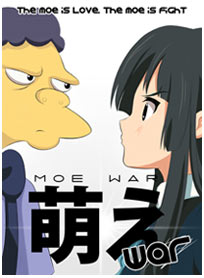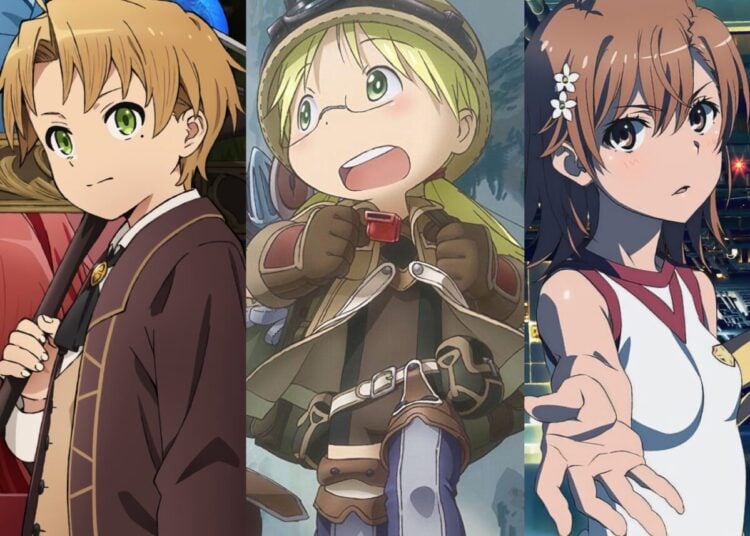I write a lot about the different memes that come along in Japan, and how they interact with the Internet at large. A meme (rhymes with “cream”) is a unit of cultural knowledge — an image, catchphrase, visual joke, silly Internet video, what have you — that’s passed from one person to another like a virus, and in the connected world of the Internet they can easily take on a life of their own. If you’ve ever seen fan art of two anime girls eating both ends of a Pocky stick, that’s the “Pocky Game” meme, and when a character in Strawberry Marshmallow made a strange close-up face that amused fans, the “Gununu” meme was born. While the Internet has allowed us to create an amazing continuum of shared popular culture, there are some limitations on which ideas will be accepted by which groups. Internet memes that are easy for all to understand, videos featuring anime characters dancing, and anything with cats will be loved by all, but memes tied to language are more difficult. Certain lines from the Gundam series are quoted as often by Japanese fans as Star Wars is for my generation, but you won’t find English-speaking Gundam fans saying Char! Hakatta na! (“Char, you double-crossed me!”) or Naguta ne! Oyaji ni datte butareta koto nai no ni (“You hit me! Even my father never hit me!”) because they’re not generally part of the zeitgeist for them. Likely, Japanese are ignorant of the “Over 9000!” joke from Dragonball Z or the subtle humor of “People die if they are killed.” Of course, some memes are so silly no one can resist them…

It’s funny to analyze memes in Japan and around the world.















